1. “Louie Louie” by The Kingsmen
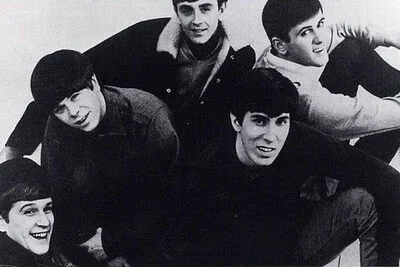
One of the most infamous songs of the ’60s, “Louie Louie” became the subject of an FBI investigation due to its supposed obscene lyrics. The song, originally written by Richard Berry in 1955, was covered by The Kingsmen in 1963 and quickly became a massive hit. However, some listeners believed the garbled vocals contained inappropriate language, sparking outrage. The FBI spent over two years trying to decipher the lyrics, but ultimately, they found no evidence of any illicit content. Despite this, the controversy surrounding the song only boosted its popularity. The song remains a symbol of the rebellious spirit of the ’60s, with its raucous energy and unapologetic defiance. “Louie Louie” may not have been banned, but it certainly caused enough stir to cement its place in rock history.
The investigation and the resulting media frenzy left an indelible mark on the song’s legacy. Even decades later, “Louie Louie” is still a classic that stirs up memories of a time when music pushed boundaries and made people question authority. It’s a reminder of how one misunderstood song can have a lasting impact.
2. “I Am The Walrus” by The Beatles
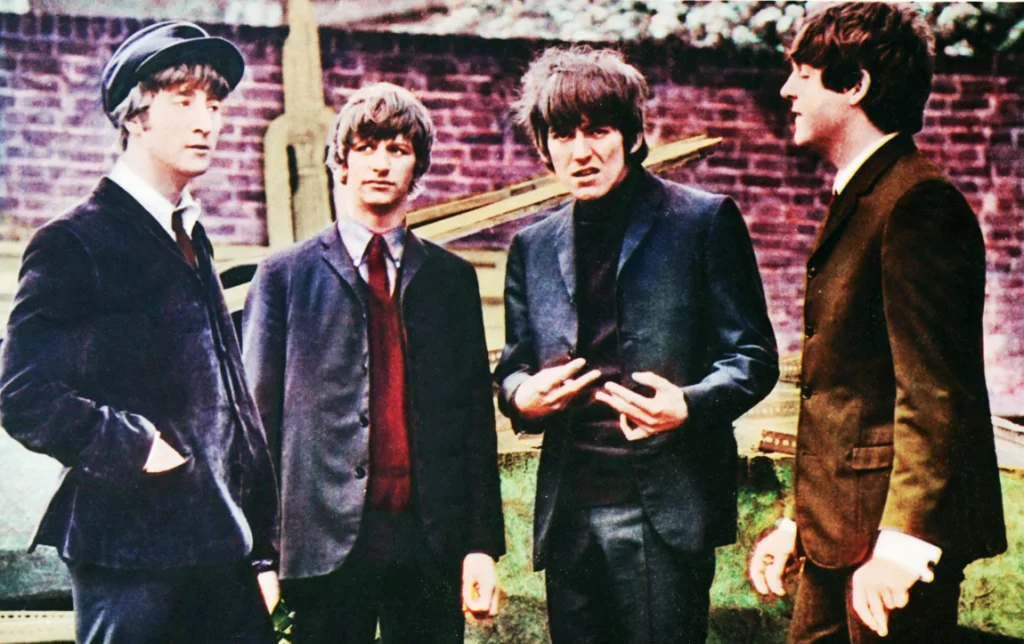
When The Beatles released “I Am The Walrus” in 1967, it wasn’t just its avant-garde sound that shocked listeners—it was also its surreal and enigmatic lyrics. The song was so abstract that many believed it was a drug-fueled trip that needed to be banned for promoting negative influences. The British Broadcasting Corporation (BBC) even banned it from airwaves, claiming the lyrics were nonsensical and offensive. The song’s bizarre imagery, with lines like “yellow matter custard” and “the girl with kaleidoscope eyes,” was too much for the more conservative factions of society to accept.
Despite the controversy, “I Am The Walrus” became one of The Beatles’ most beloved tracks. It was a perfect reflection of the psychedelic ’60s, where traditional boundaries were blurred in favor of free expression and creative experimentation. Even though it was banned by the BBC, the song found a massive audience through underground channels, and its legacy has only grown stronger with time.
3. “The Times They Are A-Changin'” by Bob Dylan
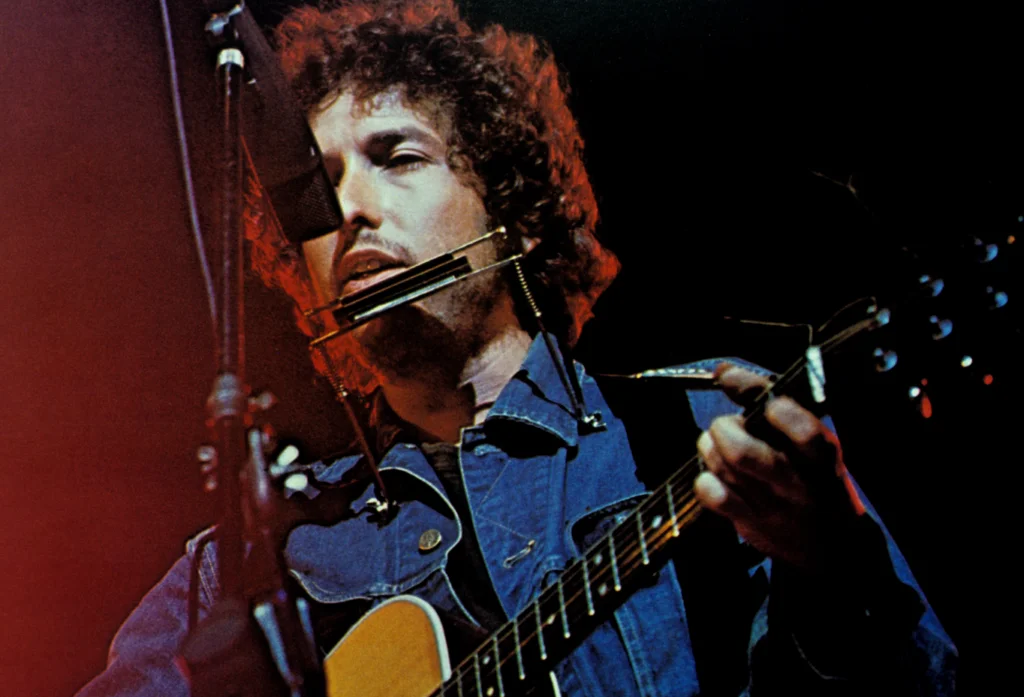
Bob Dylan’s “The Times They Are A-Changin’” captured the zeitgeist of the ’60s, speaking directly to a generation demanding change. However, its call for social and political upheaval was seen as too dangerous by some authorities. In the U.S., the song was banned from some radio stations for its perceived subversive content. The lyrics, which encouraged people to embrace change, were seen as a threat to the status quo, particularly by those in power who feared the rise of protest movements.
But rather than silencing it, the ban on “The Times They Are A-Changin’” only helped to amplify the song’s message. As the Civil Rights Movement and anti-war protests gained momentum, Dylan’s anthem became a rallying cry. Even today, the song remains an emblem of the revolutionary spirit that defined the ’60s, proving that sometimes, music can change the world, even when it’s deemed controversial.
4. “God Save the Queen” by The Sex Pistols
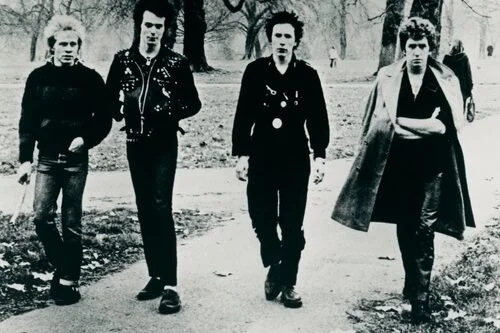
Though released in 1977, “God Save the Queen” by The Sex Pistols still embodies the rebellious spirit that started brewing in the ’60s. The punk anthem was aimed squarely at the British monarchy, and its criticism of the establishment was too much for some. The song was banned by the BBC and even faced protests from royalists. The most shocking part? It was released during Queen Elizabeth II’s Silver Jubilee, making it an even more politically charged statement.
The controversy surrounding the song only propelled it to greater fame, with the Sex Pistols becoming one of the most talked-about bands in the world. Though it wasn’t banned for several years after its release, “God Save the Queen” remains a symbol of punk defiance and anti-establishment sentiment. The song, much like the era it came from, showed how music could become a weapon in the battle for freedom of expression.
5. “A Day in the Life” by The Beatles
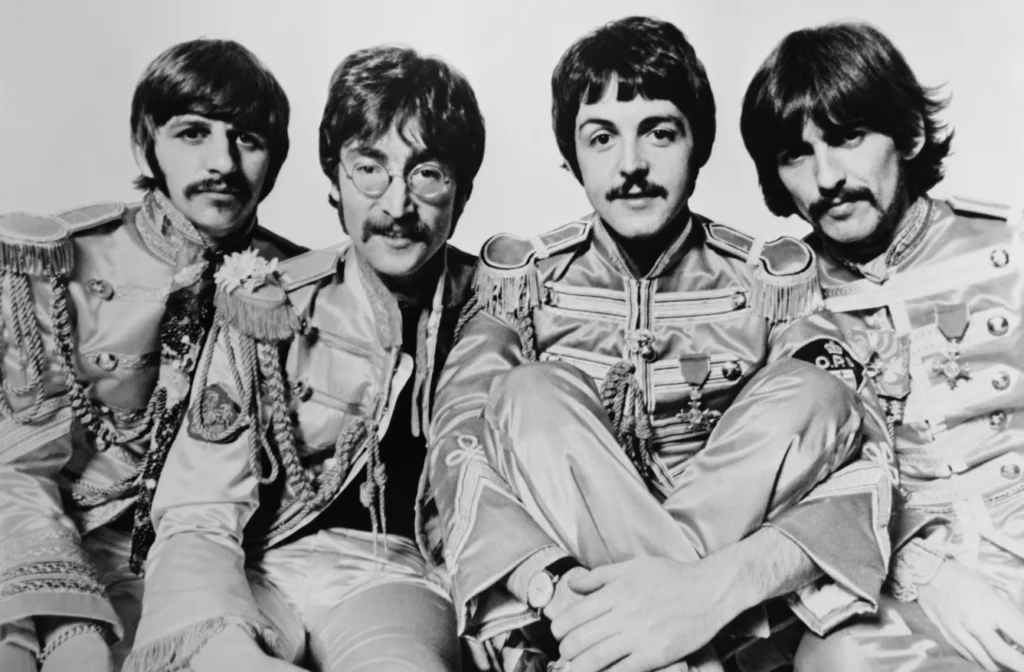
Another track by The Beatles that ruffled feathers was “A Day in the Life” from their 1967 album Sgt. Pepper’s Lonely Hearts Club Band. The song’s surreal lyrics, which included references to drug use and a vivid description of a tragic news story, drew the attention of the British censors. Despite its intricate musical composition and emotional depth, the song was seen by some as a threat to the moral fabric of society. At the time, the BBC issued a ban, deeming the song “unsuitable” for broadcast.
While it faced resistance, “A Day in the Life” eventually became a monumental piece of rock history. Its unique structure and thought-provoking lyrics have made it one of The Beatles’ most influential songs. “A Day in the Life” showed that in the ’60s, music wasn’t just entertainment—it was a form of art that could challenge norms and shift public perception.
6. “White Rabbit” by Jefferson Airplane
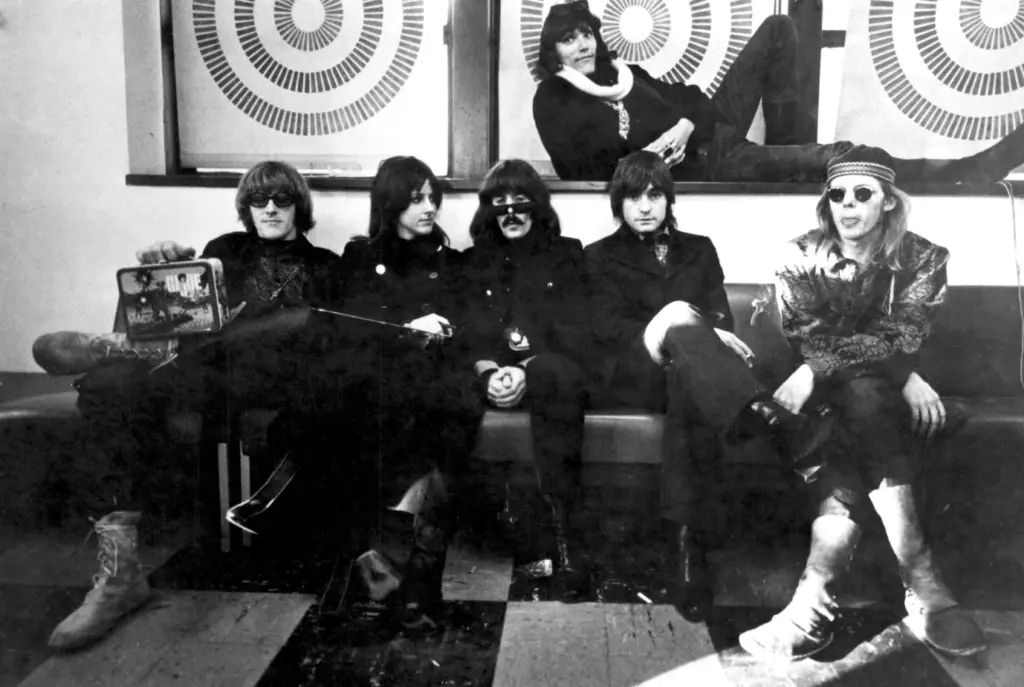
“White Rabbit” by Jefferson Airplane, released in 1967, quickly became an iconic song of the Summer of Love. However, its dark, psychedelic tone and references to drugs—particularly its allusions to Alice in Wonderland—made it controversial. The song’s lyrics were seen as promoting drug culture, and it was banned by several radio stations across the U.S. despite its popularity. The line “Remember what the dormouse said: Feed your head” was enough to raise alarms among those who thought the song might encourage young people to experiment with hallucinogens.
Despite the pushback, “White Rabbit” became a definitive track for the psychedelic rock genre. Its eerie, hypnotic sound and message resonated deeply with a generation searching for new experiences and perspectives. It’s a testament to how a song can challenge societal expectations and live on as a cultural touchstone, even when it was almost banned for its daring subject matter.
9. “Eve of Destruction” by Barry McGuire
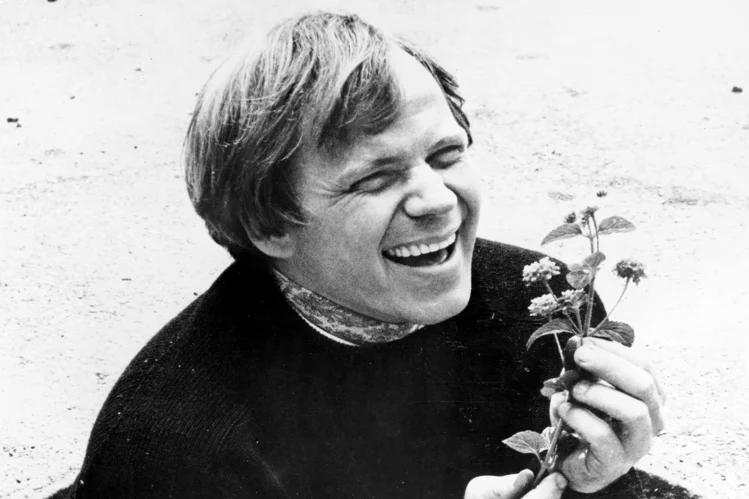
“Eve of Destruction” wasn’t subtle—it called out war, hypocrisy, and social injustice with a gravelly growl that shook the establishment. The lyrics were stark, naming Vietnam, racial tensions, and political apathy in one unapologetic sweep. Conservative critics slammed the song as defeatist and dangerous, and some radio stations outright refused to play it. Even Congress reportedly got involved, questioning whether it should be aired. That’s how much this song rattled nerves.
But for the youth in 1965, it felt like someone was finally speaking their truth. McGuire’s passionate delivery gave voice to a generation disillusioned by the status quo. The track may have faced censorship, but it also earned its stripes as one of the boldest protest songs of its time.
10. “Let’s Spend the Night Together” by The Rolling Stones
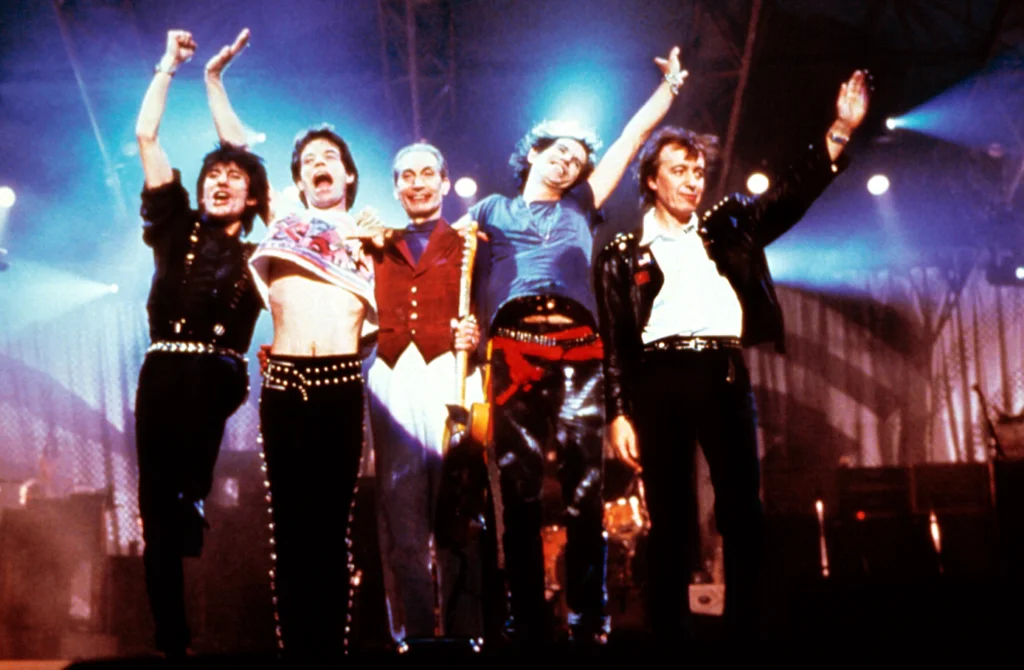
It wasn’t even subtle. Mick Jagger sang “Let’s Spend the Night Together” with such swagger that it made censors sweat. The phrase alone implied premarital sex, which was a huge no-no on TV and radio in 1967. When the Stones performed on The Ed Sullivan Show, producers insisted they change the lyric to “Let’s spend some time together”—and Mick famously rolled his eyes as he obliged.
Of course, the attempt to dilute the message only made fans love it more. The controversy fueled the Stones’ image as rebellious provocateurs. It’s a prime example of how censorship can backfire when the song is just too catchy—and too bold—to be ignored.
11. “Heroin” by The Velvet Underground
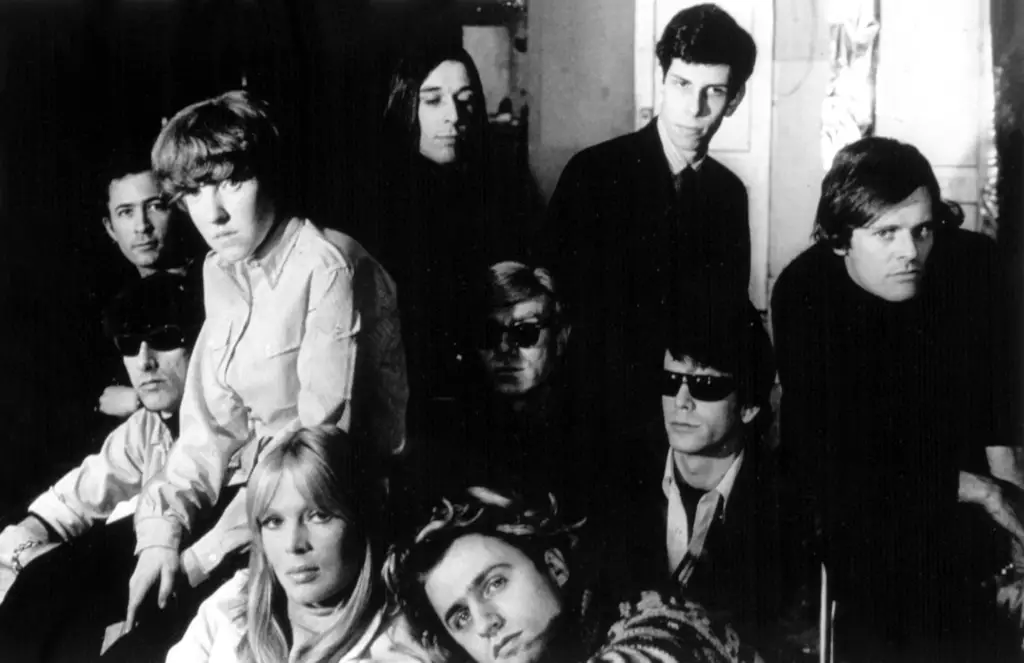
With a title like “Heroin,” it’s no surprise this track sent censors scrambling. Lou Reed wrote it with shocking honesty, describing drug use without glamorizing or condemning it. The eerie pacing mimicked the rhythm of addiction itself, and that made it deeply unsettling for mainstream audiences. Radio stations avoided it like the plague, fearing it was a gateway anthem.
But underground listeners knew better. This song was about raw reality—not radio-friendly polish. The Velvet Underground dared to explore the shadows of society, and though the song was banned from many airwaves, it became a cult classic for fearless expression.
12. “Society’s Child” by Janis Ian
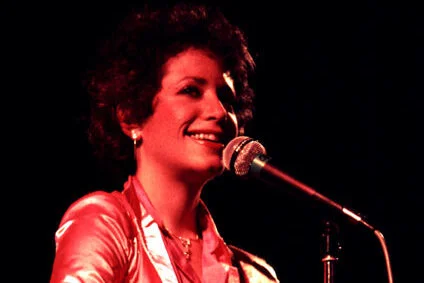
Janis Ian was just 14 when she penned “Society’s Child,” a haunting ballad about interracial love. That alone was enough to get it banned across much of the South. Radio stations pulled it, DJs refused to spin it, and Ian received hate mail for daring to challenge racial norms. Some even threatened her safety. But she stood her ground.
The song’s lyrics weren’t aggressive—they were vulnerable and brave. Ian sang about rejection and societal pressure with heartbreaking clarity. It was one of the earliest musical statements about racism that cut through mainstream radio, and banning it only strengthened its message.
13. “The End” by The Doors
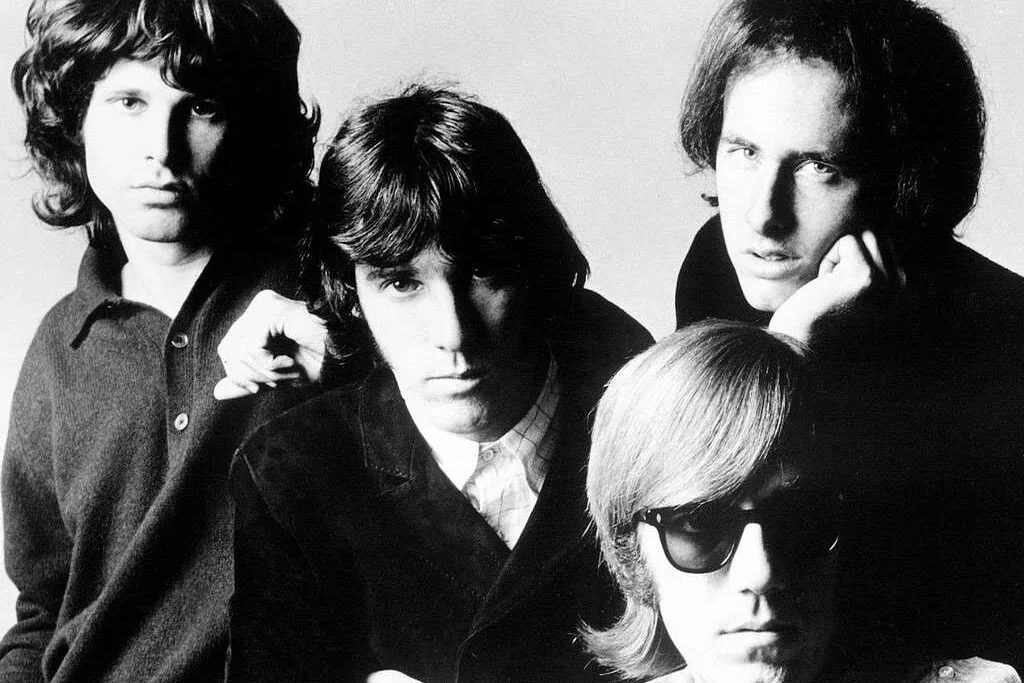
This one is famously unsettling. What started as a dreamy ballad devolved into an Oedipal spoken-word segment that shocked even devoted fans. The line “Father, I want to kill you / Mother, I want to…” was cut from many broadcasts and led to bans in conservative circles. Jim Morrison’s delivery was haunting, theatrical, and a little terrifying.
But as with most Doors songs, there was a method to the madness. “The End” wasn’t just shock—it was existential reflection through psychedelic chaos. Censorship only amplified its cult appeal. It became a rite of passage for those willing to dive into the deep, dark corners of counterculture.
14. “Masters of War” by Bob Dylan

Dylan didn’t mince words here. “Masters of War” was practically a musical accusation, calling out arms dealers and warmongers with pointed fury. The lyrics pulled zero punches, saying, “Even Jesus would never forgive what you do.” That level of directness made it untouchable for many stations. Some critics called it anti-American, and broadcasters steered clear.
But protestors picked it up and ran with it. The song became an anthem for those questioning the morality of war and the greed behind it. If “The Times They Are A-Changin’” was Dylan’s invitation to evolve, “Masters of War” was his demand for accountability.
15. “Pushing Too Hard” by The Seeds
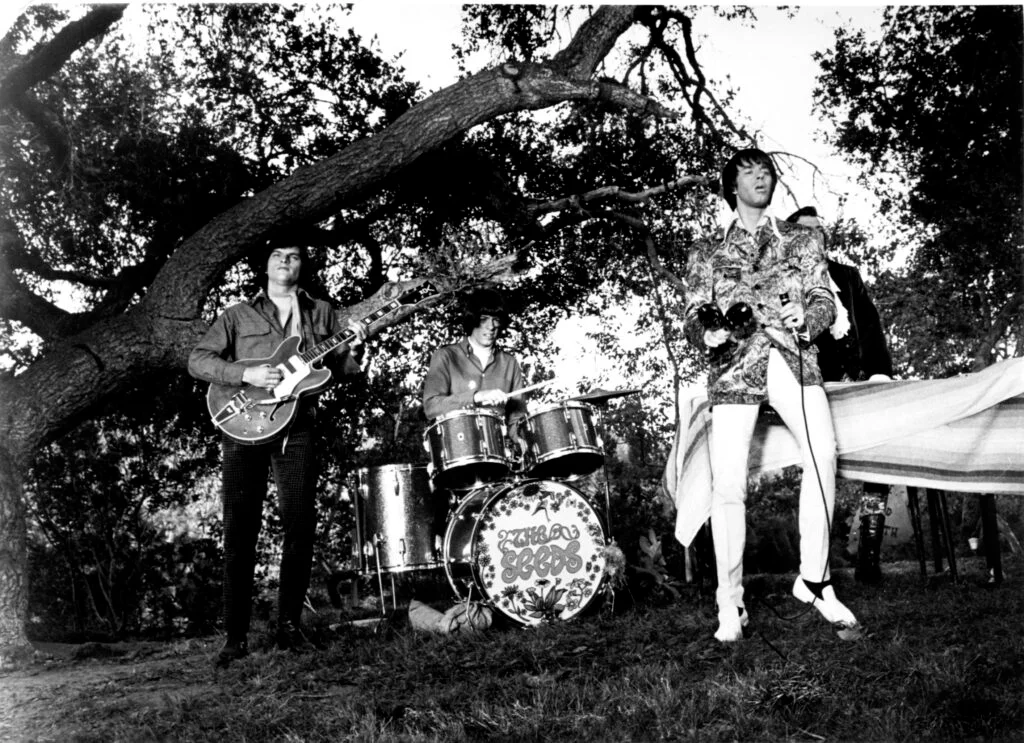
Raw, scrappy, and unapologetic—that’s “Pushing Too Hard.” The Seeds didn’t finesse their message; they bulldozed it. The track slammed authority and conformity, which didn’t sit well with gatekeepers of the time. Several radio stations refused to play it, worried it was stirring up unrest. With lyrics like “You’re always pushing me to do things I don’t want to,” it felt like rebellion in musical form.
And the sound? Garage rock at its purest—loud, aggressive, and primal. The ban only made it cooler. Young listeners embraced it as their anthem for fighting back against parental control, school rules, and everything else that cramped their style.
16. “Brown Eyed Girl” by Van Morrison

This one’s sneaky. At first blush, “Brown Eyed Girl” sounds like a sweet love song, but one particular lyric—“Making love in the green grass”—sent up flares for some radio execs. Many stations censored or replaced the line, especially in more conservative regions. Van Morrison wasn’t trying to shock anyone, but even innocent passion was controversial in 1967.
Still, the song’s breezy melody made it impossible to ignore. Fans loved it, censored or not. Today, it plays at weddings and school dances, proving that controversy can age into harmless charm if the melody’s strong enough.
17. “Girl, You’ll Be a Woman Soon” by Neil Diamond
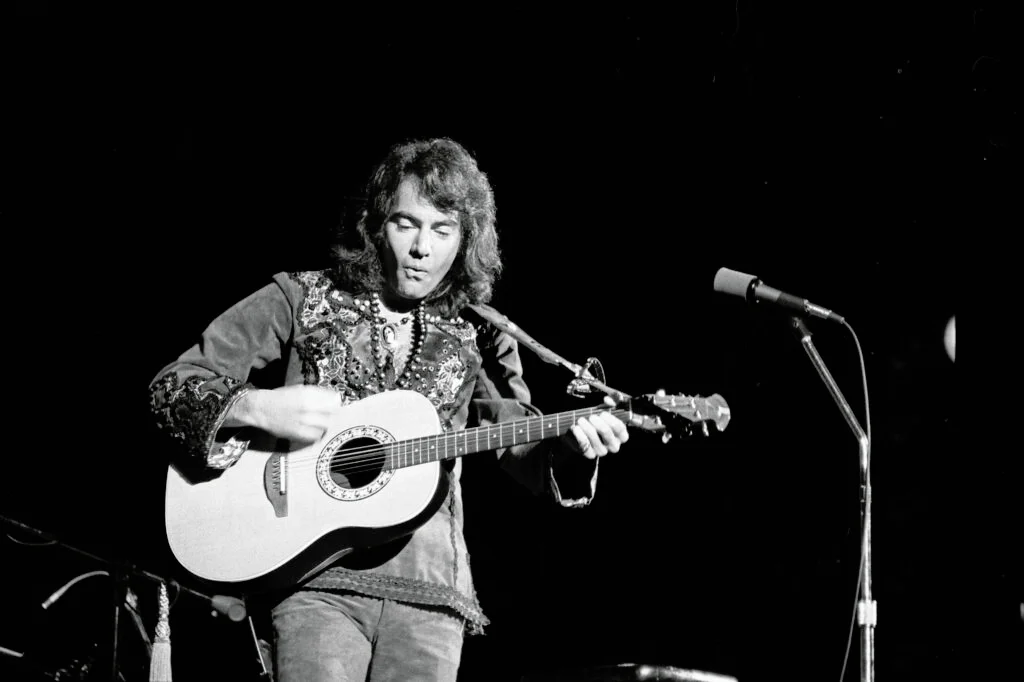
Neil Diamond probably didn’t expect this gentle tune to cause trouble. But “Girl, You’ll Be a Woman Soon” raised eyebrows for what some perceived as an inappropriate dynamic. Critics worried it romanticized a relationship with a younger girl, and a few stations hesitated to play it. The lyrics weren’t explicit, but in a climate hyper-aware of propriety, even subtle suggestion was risky.
Diamond’s delivery was earnest, not predatory. Still, discomfort lingered. The tension between art and interpretation gave the song an edge that kept it in controversial conversation long after its release.
18. “Je T’aime… Moi Non Plus” by Serge Gainsbourg and Jane Birkin
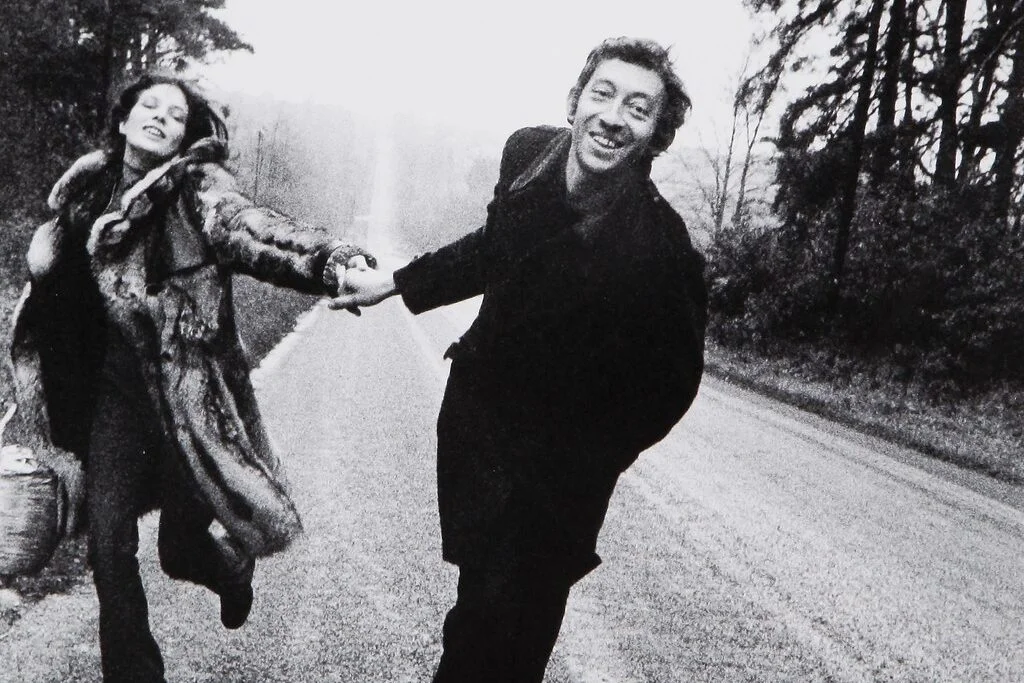
This duet didn’t just flirt—it moaned. “Je T’aime… Moi Non Plus” was drenched in breathy vocals and sensual phrasing, prompting bans in the UK, Spain, and even Italy. Some countries pulled it from shelves entirely. Gainsbourg and Birkin weren’t shy—they embraced the eroticism with open arms.
Despite censorship, it sold millions and became a cult sensation. The controversy was part of the mystique. It wasn’t just a song—it was a boundary-pusher that tested how far art could go before people said, “too far”… then listened anyway.


